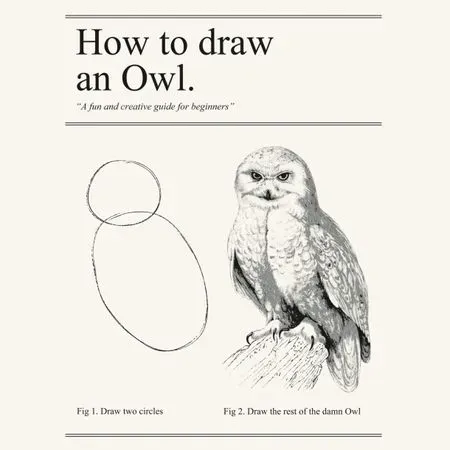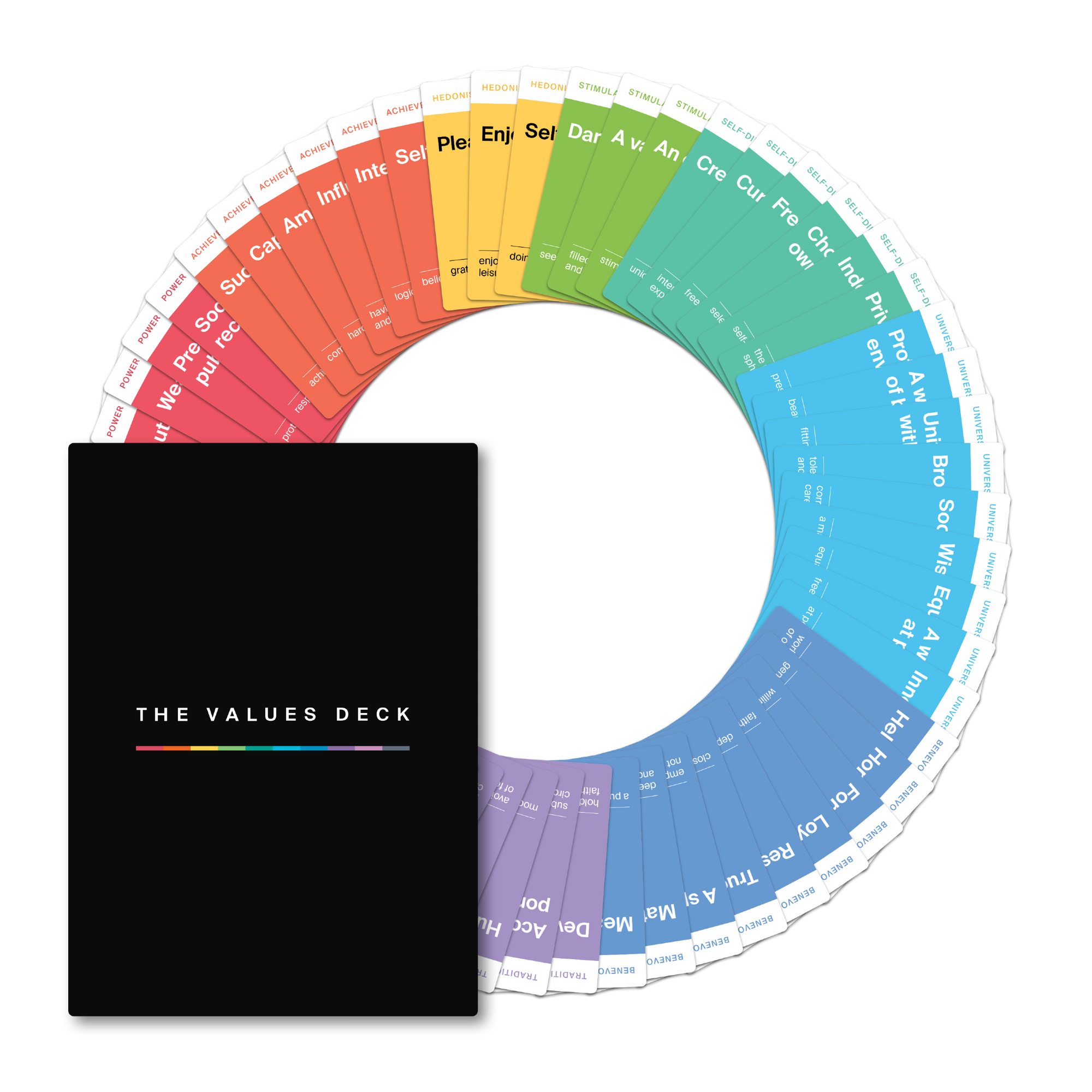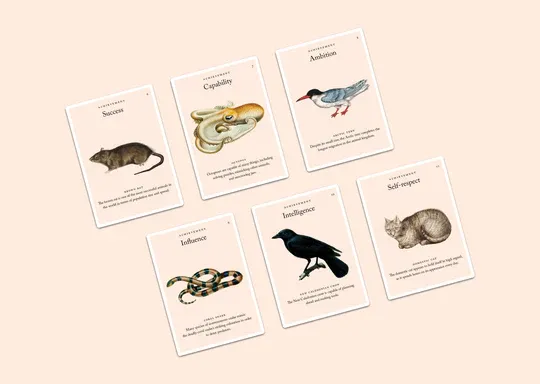Hey there! Many of you have joined this week from Morning Brew and Kottke. Welcome! Wow. And– thank you.
You're reading Simpler Machines, a newsletter that is mostly about software development, but software development as a creative practice, and a social one. That just happens to make giant gobs of money for equally giant corporations.
It's a weird thing, this software business.
I'm Nat Bennett, I write this newsletter because you read it. I have been writing both on and off the internet, and I have learned that I am not an Emily Dickinson type who files my stuff away in a drawer. I write best, and most vigorously, when I'm writing to people.
And I really like writing this newsletter! So– whether you've just joined or you've been reading for years– thanks.
Hey quick– what are your top three personal values?
For me the top two are easy – curiosity, and then integrity – but then I have to think a little bit. Some days the third is creativity, some days generosity, and some days it's courage. Occasionally it's something more like belonging or even wisdom.
Can you name them on the spot like that?
If you read a lot of business and life advice – "Hi, I'm Nat, and I read Prussian military doctrine for fun" – or have gone to like, management training workshops, you'll have encountered the idea that you should know your values. "They help you make hard decisions!" "Honoring your values will make you happier and healthier." "Burnout is caused by a conflict between work demands and personal values."
Which is, like, cool and all, but I struggled with this advice for a long time, because I didn't really understand what values were. At best the advice I got was like, "think really hard about it!"

So, y'know, I did the journaling exercises and I attended the workshops, and I wrote down attempts at values ("... learning things?") and it didn't really stick until one day, late in 2020, when I finally had the idea that maybe my problem was that I didn't have a good sense of what the options were – and that maybe I could solve this with technology.
So I got a deck of cards, called The Values Deck.

Once I had the cards physically in my hands it became obvious what my problem actually was. I had been thinking about values in isolation, but values only make sense in comparison with each other.
There are exceptions but most "values" are things that most people agree are good. "Freedom." "Friendship." "Honesty." "Success." When I ask myself, "What do I value?" what I'm really asking is, "What do I value most? And what do I value it more than?"
As soon as I had them as cards, I could draw a pair and ask myself, "Which of these is more important?"
Because I'm a software engineer – and I had a bit of time on my hands – I found myself bubble sorting them. I'd go through the whole deck, pair-by-pair, and reverse the order if it didn't feel right. Then when I got to the end, I'd start over at the top. I wasn't super strict about it – I'd jump cards across a lot of positions if it was obvious they belonged near the top or the bottom.
Sometimes the answer to that question was easy for me. Creativity or Obedience? One of those is almost an anti-value to me – no prizes for guessing which. A lot of the "conformity," "security" and "tradition" values settled into a stable order at the bottom fairly quickly.
Sometimes the answer was really hard, because the values seemed so similar. Forgiveness vs. True Friendship? Man, where do I even start with that one?
For those, I found it helpful to image a scenario that brings the two values into conflict. Say someone hurts a friend of mine – would I be able to forgive them?
Some were surprisingly hard. Sense of Belonging vs. Independence, for instance. The conflict there is easy for me to imagine – and it's also easy for me to imagine picking each side.
Doing a comparison like this also helped me understand how some of my values are related to each other. I don't necessarily care a lot about things like money and security on their own – except to the degree that they're necessary for things like independence.
This exercise helped me navigate a major life change around this time, because that change also involved a pretty big change to what I was valuing. More on that soon, I think – I have what's probably a pretty big chonky essay about values themselves brewing in bits and pieces on my drafts folder, but we're already closing in on one thousand words here so it's time to wrap it up for now.
Here's the part where we do a call to action:
If you've been reading this essay and thinking, "Huh, that's a good idea, I should get one of those sometime."
You can buy The Values Deck right now, from the Discover Your Values company website. It's $49, which is more expensive than a lot of similar decks. I picked this one because it's highly rated on Amazon and I like their general vibe.
I also just discovered that they've got one with animals on it? And animal facts? Uh I'm sorry to go full Internet Shill on you but I might need to get this and I've already got one of these things.
I am slightly embarrassed to be putting a link to a product like this in the newsletter, so I do feel the need to emphasize – there's a ref on there from Ghost's outbound link tagging, but this isn't an affiliate link or anything. I do want to make it as likely as possible that someone who would benefit from this gets it. So that means big clicky button links.
If you do get the deck, and run the exercise, drop me an e-mail with what you learned? nat@simplermachines.com
You can leave a comment here, too.
Thanks
- Nat
